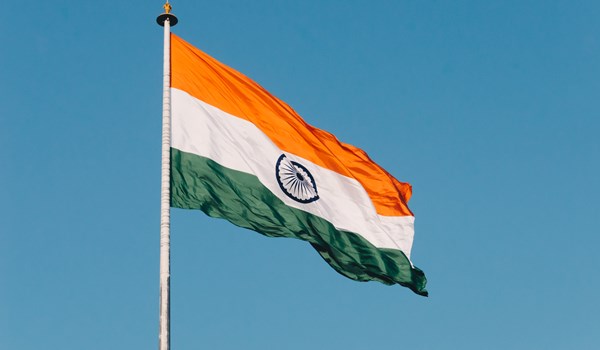Jurisdictions
Regions
Industry Sectors
13/08/20
ASIA: Cross-border tax disputes: ITAT orders to overrule MAP outcomes, says CBDT.

As published on business-standard.com, Sunday 9 August, 2020.
Cross-border tax disputes over transfer pricing adjustments, permanent establishment between assesses and tax authorities of countries with which India has tax treaties and vice versa, can be resolved by an alternative resolution mechanism, called mutual agreement procedure, the direct tax board has said.
Besides, if disputes arose because some items are classified as expenditure or income that would draw tax, those can also be sorted out using this mechanism, the Central Board of Direct Taxes (CBDT) said in its recent detailed guidance on MAP. The guidance was issued after the action plan following direction by action plan on the Base Erosion and Profit Shifting (BEPS) of the Organisation for Economic Co-operation and Development (OECD).
MAP is a bilateral negotiation process between the tax authorities of India and of the countries with which it has a double taxation avoidance agreement (DTAA) to resolve cross-border tax disputes.
The guidance says that the prior ruling of the income tax appellate tribunal (ITAT) would prevail even if MAP has resolved the disputes.
“CAs (competent authorities) of India shall not deviate from the orders of the ITAT for the relevant year, “ the guidance says. Such MAP cases will be closed as having been resolved by a domestic remedy, it says.
However, in cases where ITAT does not resolve the disputes but only set them aside to be adjudicated afresh, then access to MAP would be provided again by CAs after the fresh adjudication, if asked by the assesses.
The guidance says that CAs of India and DTAA countries can withdraw all adjustments made by the tax officials in the former. However, those in India cannot go below the income filed in the returns by the assessee as domestic laws do not provide for that.
However, in MAP cases where adjustments were made by the tax authorities in DTAA countries, CAs in India can go below the income filed in returns in accordance with the provisions in the treaty.
These also state that CAs of India do not have the mandate to consider issues of interest and penalties and negotiate disputes arising from such issues.
India has entered into a memorandum of understanding under the ambit of MAP with some countries. These MoUS will guide the issue of suspending collection of taxes during the pendency of MAP cases. However, Indian laws will govern these issues where there are no MoUs inked.
Amit Maheshwari, tax partner at consultancy firm AKM Global said,"The MAP guidance would help taxpayers and competent authorities of India as well as treaty partner countries to understand India's position."
CBDT had earlier amended the rules to say that the authorities would endeavour to complete the MAP proceedings within 24 months in accordance with the BEPS action plan of the Organisation for Economic Co-operation and Development (OECD). The guidance clarified and emphasized that it is not a commitment to close the proceedings in 24 months in all cases but merely an endeavour.
The guidance — issued to benefit tax authorities, taxpayers, tax practitioners and chartered accountants of India and treaty partners — provide timelines for various steps under MAP procedure and give clarity on situations where MAP applications can be filed. Two central government officials of joint secretary rank in the department of revenue have been assigned to deal with MAP cases as competent authorities by India.
These tax officials are independent of tax authorities who audit taxpayers and take their own decisions, CBDT said. They are only administratively governed by the internal governance mechanism of CBDT, it said.
“With appointment of two dedicated officers for taking up MAP applications and negotiations, Indian tax authorities have apparently shown their intention to provide a speedy resolution to taxpayers opting for this,” said Shailesh Kumar partner at Nangia & Co.



